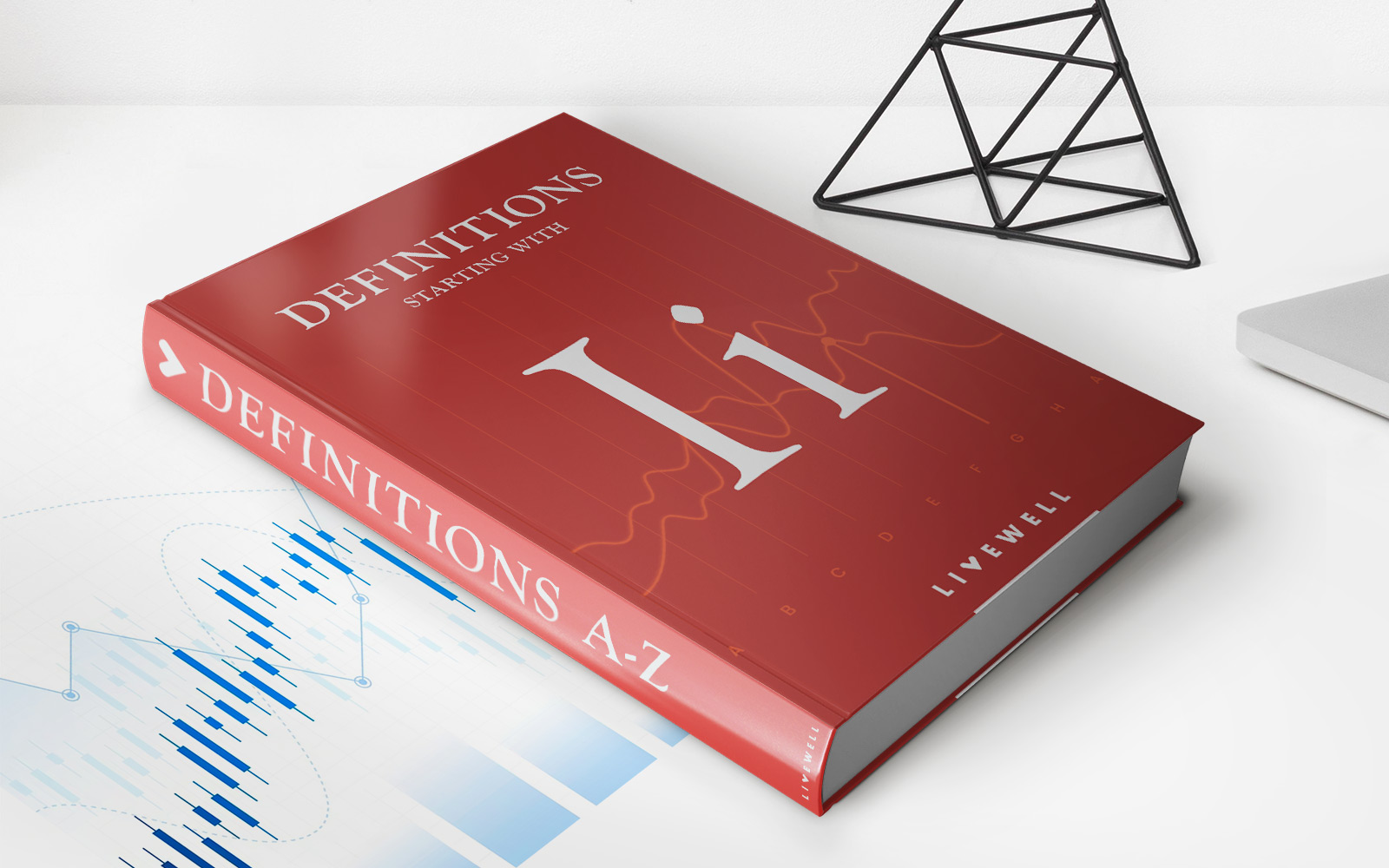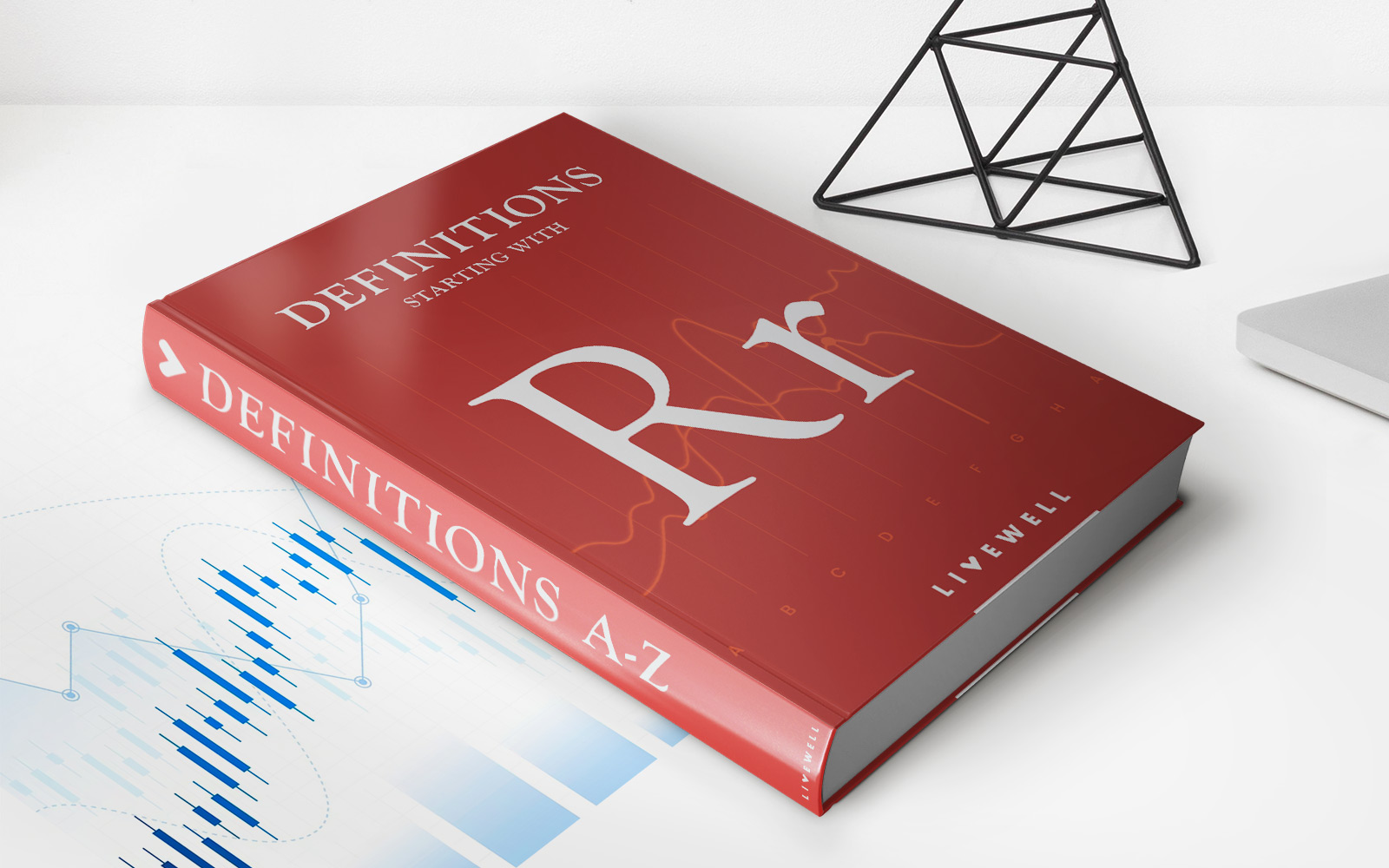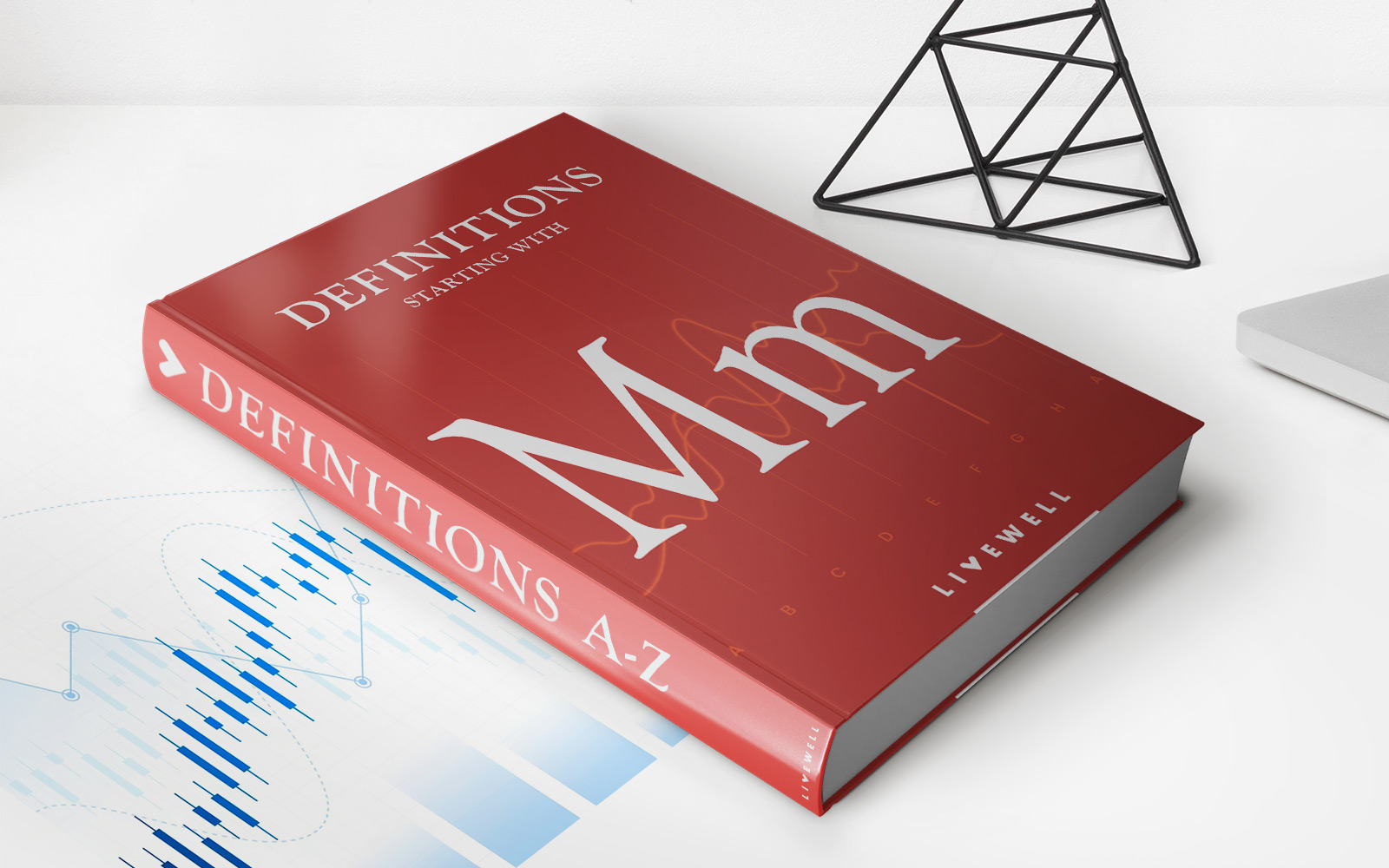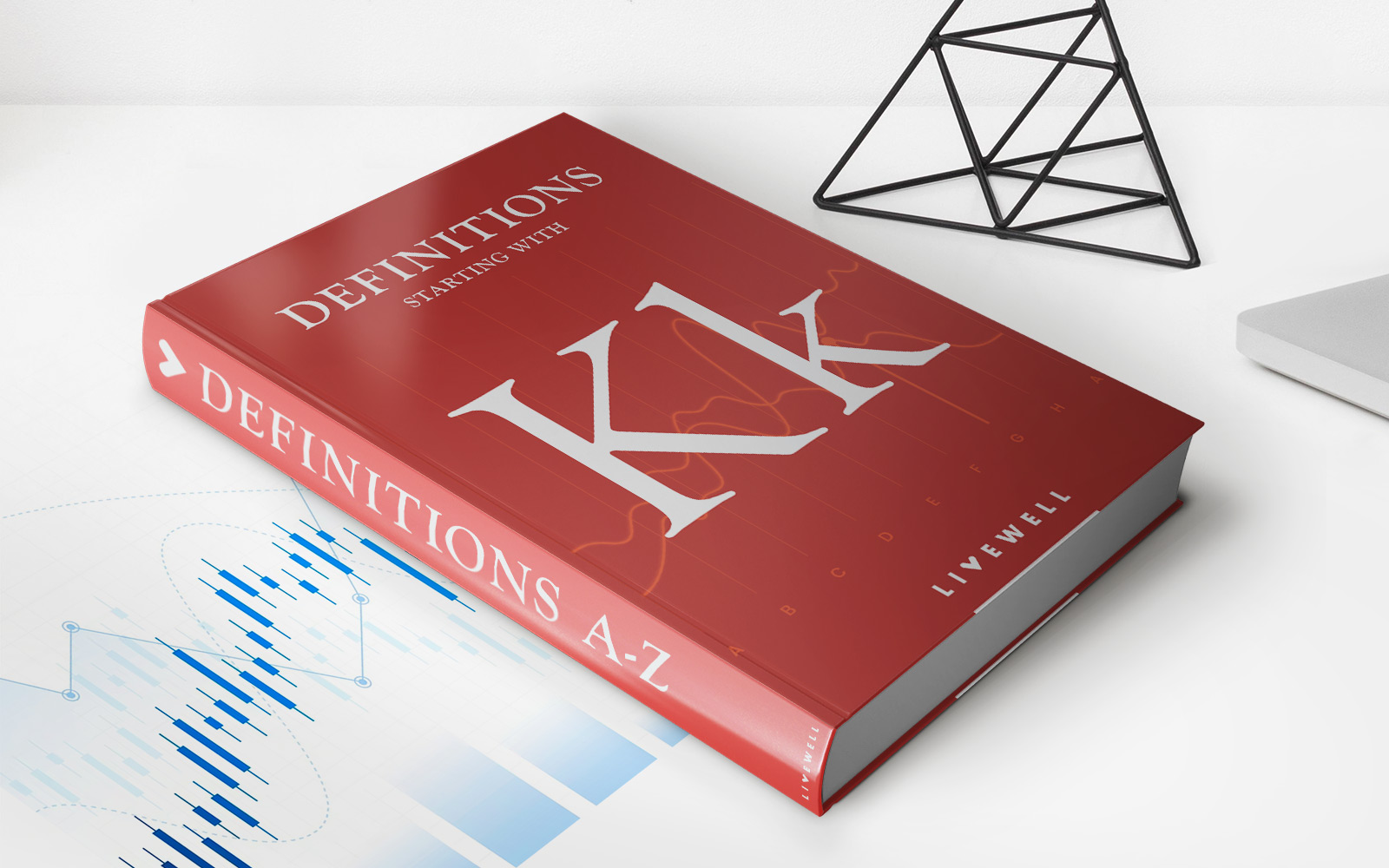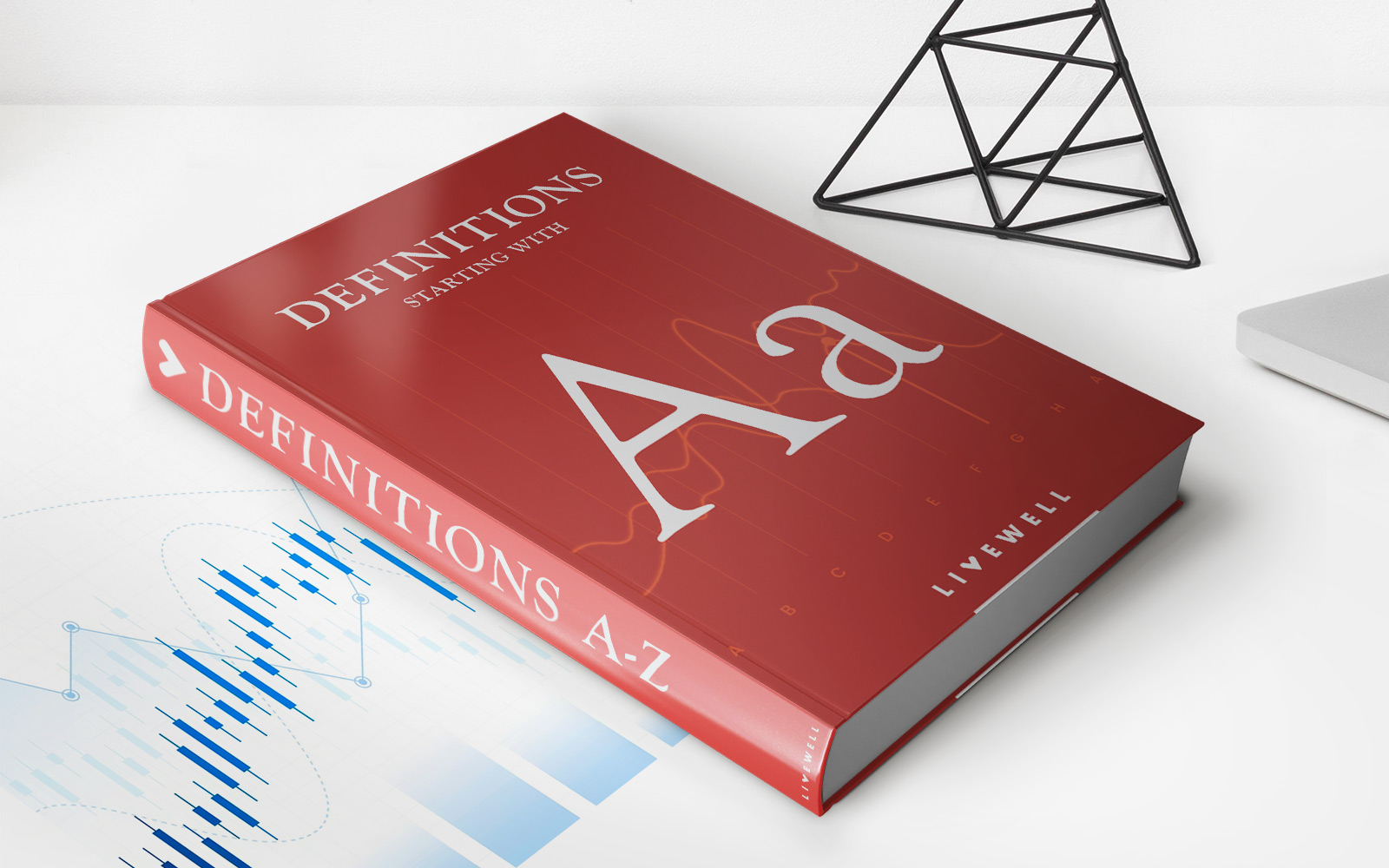Home>Finance>What Is Black Money? Meaning, Definition, And Criticism


Finance
What Is Black Money? Meaning, Definition, And Criticism
Published: October 17, 2023
Understand the concept of black money in finance, including its meaning, definition, and criticism. Explore the implications of this phenomenon.
(Many of the links in this article redirect to a specific reviewed product. Your purchase of these products through affiliate links helps to generate commission for LiveWell, at no extra cost. Learn more)
What is Black Money? Meaning, Definition, and Criticism
Greetings, finance enthusiasts! Today, we dive into one of the most intriguing and controversial topics in the realm of finance – black money. So, what exactly is black money and why does it garner so much attention? In this blog post, we will explore the meaning and definition of black money, discuss its criticism, and shed light on this shadowy aspect of the financial world. Let’s get started!
Key Takeaways:
- Black money refers to funds that are undisclosed or illegally obtained and are not accounted for in the country’s official records.
- It can result from various activities such as tax evasion, corruption, money laundering, or the underground economy.
The Definition of Black Money
Black money, also known as illicit or underground money, encompasses funds that are generated through illegal means and are kept hidden from the government authorities. These funds are typically unreported or undisclosed, meaning they do not appear on official records or tax returns.
Black money can arise from a variety of activities, including tax evasion, corruption, money laundering, and involvement in the underground economy. By keeping these funds unaccounted for, individuals and entities involved in black money can avoid paying taxes, manipulating financial systems, or engaging in illegal transactions without detection.
Criticism of Black Money
Black money has drawn significant criticism worldwide due to the adverse effects it can have on economies and societies. Some notable criticisms include:
- Economic Consequences: The circulation of black money reduces the overall tax revenue, leading to a strain on government finances. This, in turn, affects public infrastructure, healthcare, education, and social welfare programs.
- Inequality: Black money exacerbates existing social and economic inequalities. It allows a select few to amass wealth discreetly, widening the wealth gap between the rich and the poor.
- Undermining Rule of Law: Black money often involves illegal activities, such as corruption and money laundering, which undermine the rule of law and erode public trust in institutions.
These criticisms highlight the need for governments, regulatory bodies, and society as a whole to develop robust methods of detecting and combating black money to ensure a fair and transparent financial system.
In Conclusion
Black money, with its clandestine nature and potential for harm, serves as a constant challenge for the world of finance. By understanding its meaning, definition, and the criticisms associated with it, we equip ourselves with valuable knowledge to mitigate its impact.
As we conclude this exploration of black money, let’s remember the importance of ethical financial practices, transparency, and accountability. Together, we can work towards a financial system that fosters economic growth, reduces inequality, and upholds the rule of law.


